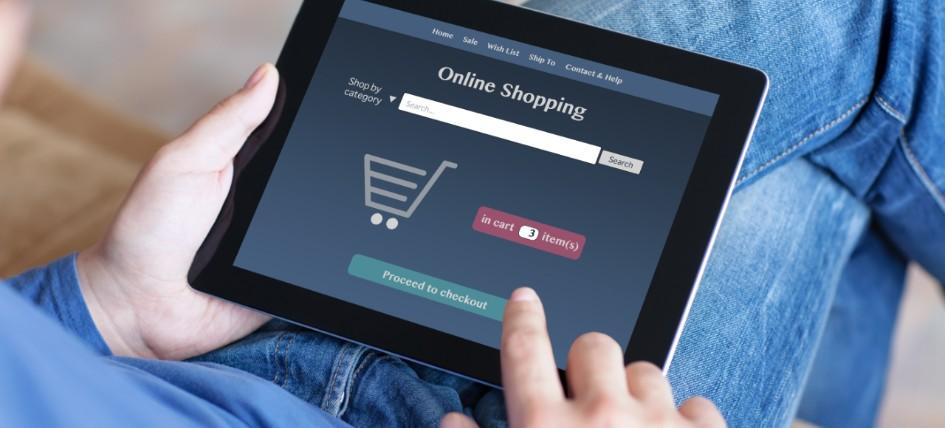Korea’s home shopping market has been significantly expanding over the past decade. With the market size skyrocketing from KRW 6 trillion in 2009 to KRW 20 trillion in 2018, the television-based commerce has emerged as one of the major retail channels in Korea, where many companies and brands scramble to make their debuts. Amid the remarkable growth, the home shopping industry is now evolving into a new dimension by adopting advanced information and communication technologies such as VR, AR and AI. Offering augmented reality and interactive shopping experiences to customers, the screen retailers are now widening their presence in the Korean market with the new technology-driven services, dragging more customers over to the television.
VR, AR and AI technologies on the TV screen
The pioneers of the industry are mainly affiliates of local giants, such as Lotte and Hyundai. Hyundai Home Shopping, in collaboration with the mobile carrier KT, revealed a ‘VR fitting service’ that enables customers to virtually try fashion items on. Customers may create a 3D avatar, who has the same body size as themselves, just by clicking a button, and experience how the clothes would fit them.
The trend of augmented reality spreads very fast, accelerated by the influx of T-commerce. Television channels operating transactions based on the T-commerce platform often leverage more VR and AR technologies and therefore provide easier access and fun experience to customers. Among the major players are Hyundai and NS who already made successful collaborations with global and local partners. Hyundai launched a virtual makeup service last year in collaboration with China-based company of AR makeup app Meitu. The service is applied to eight cosmetic brands, including Estee Lauder and Shuemura, and shoppers may test colors of eye shadow, lipsticks and blush with the front-facing camera. NS also teamed up with KT and launched a service called AR Market, where customers may feel as if they were inside a real store and looked around for products on the shelves. In addition to the AR (Augmented Reality), artificial intelligence technology was also already widely adopted in the television-based shopping industry. Lotte Home Shopping launched a voice recognition service on its mobile application, which identifies voice of the mobile user and enables him to place an order by using voice without touching the screen.
Following events are good starting points for fact finding, market analysis, partner search, and marketing activities:
WORLD IT SHOW (24-27 April 2019)
Seoul AR Expo (30 May- 1 June 2019)






